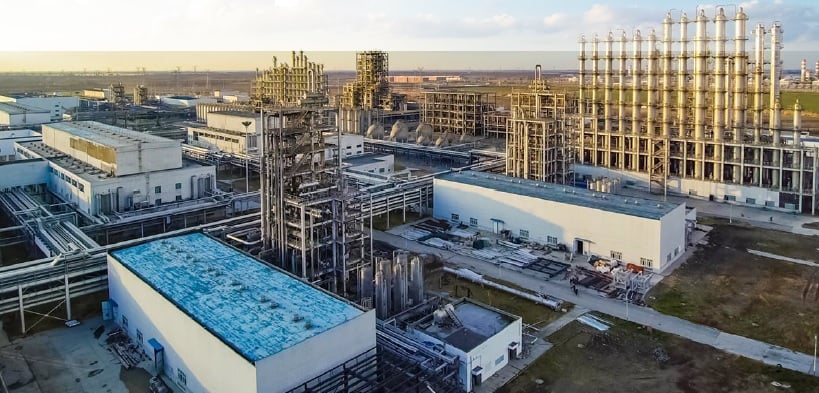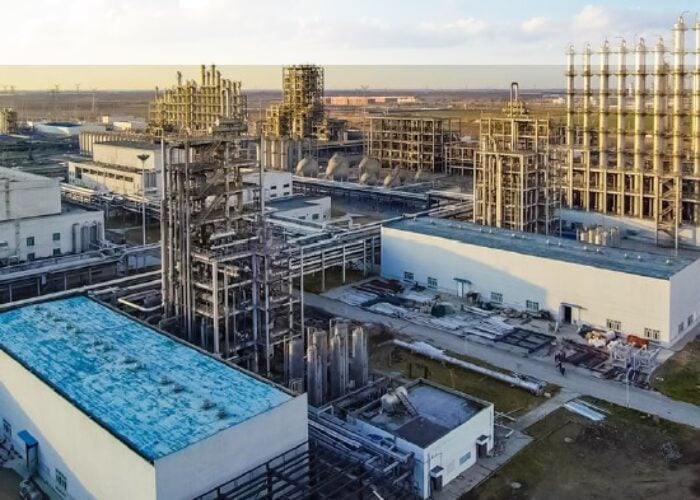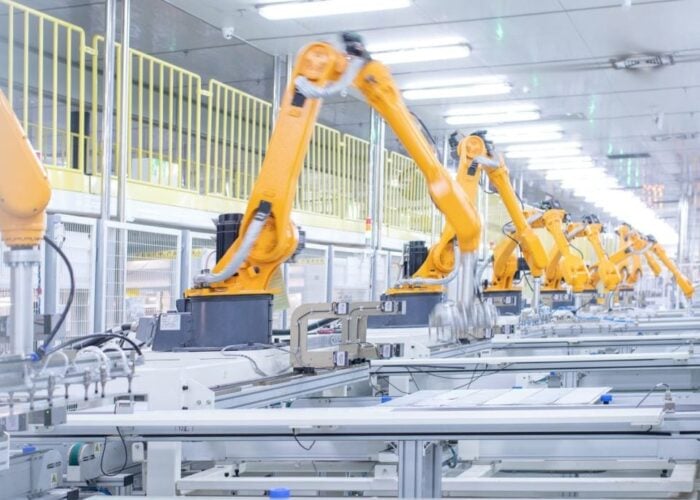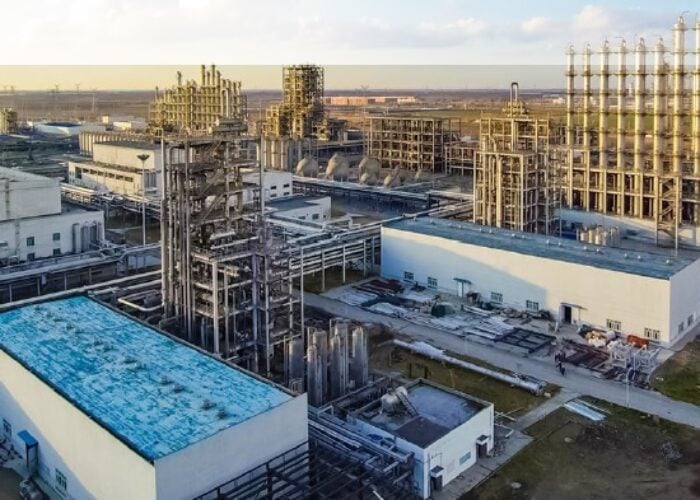
Major polysilicon producer Daqo New Energy has unveiled plans to increase its annual production capacity to 270,000 metric tons (MT) by 2024 while also plotting a course for dominance of the n-type polysilicon market.
The surging polysilicon price has been one of the eminent themes of the solar industry so far this year, and it lifted Daqo’s financial performance to record highs in Q2 2021. The poly producer posted revenues of US$441.4 million in the second quarter of the year, up 72% sequentially and more than treble the US$133.5 million posted in Q2 2020.
Unlock unlimited access for 12 whole months of distinctive global analysis
Photovoltaics International is now included.
- Regular insight and analysis of the industry’s biggest developments
- In-depth interviews with the industry’s leading figures
- Unlimited digital access to the PV Tech Power journal catalogue
- Unlimited digital access to the Photovoltaics International journal catalogue
- Access to more than 1,000 technical papers
- Discounts on Solar Media’s portfolio of events, in-person and virtual
Gross profit also soared, rising to US$303.2 million for the quarter, an increase of 155% sequentially.
While Daqo’s average production cost also crept up, rising roughly 9% year-on-year to US$6.31/kg, surging average selling prices (ASPs) of US$20.81/kg helped send the company’s gross margin to 68.7%.
Furthermore, the initial few weeks of Q3 have seen ASPs rise higher still, averaging between US$26 – 28/kg, prompting chief executive Longgen Zhang to state that inflated ASPs are set to continue into the second half of this year, and possibly beyond.
Zhang said polysilicon supply was to remain tight throughout the rest of the year as demand remained strong despite the increase in price, nodding towards major solar wafer and cell providers that have increased their prices in recent weeks.
Zhang added that according to the company’s estimates, between 180,000 – 220,000MT of new polysilicon production capacity is to be added in 2022, considering prospective six-month ramps for its peers. Around 35,000MT of that nameplate capacity is to come from Daqo’s Phase 4B expansion project, which Zhang said could complete as early as the end of this year before being ramped into 2022.
Having bolstered its cash reserves and raised around US$1 billion through a successful IPO process last month, Daqo now intends to capitalise on the high polysilicon price by establishing a significant expansion plan over the next three years, putting into place a roadmap for which the company takes its polysilicon output to 270,000MT by the end of 2024. Further possible expansion sites are to be sought, with more detailed plans to be unveiled at a later date.
These expansion plans are designed to help Daqo maintain its existing market share, which the company said stands at between 18 – 20%.
This added capacity, Zhang said, would equate to around 240 – 250GW of total solar module manufacturing capacity, capable of serving 200 – 210GW of installs next year. With that considered sufficient to meet demand, Zhang told analysts on a conference call yesterday that ASPs are expected to fall into 2022 as the tightness in polysilicon supply falls.
Daqo expects to realise ASPs of around RMB150/kg (US$23) in H1 2022 and around RMB130/kg (US$20) in H2 2022. The company gave no further insight into prospective ASPs beyond H2 2022, indicating it would rely on both ongoing supply and demand pressures as well as the polysilicon industry’s capabilities of delivering n-type polysilicon, with the solar industry transitioning towards n-type technologies.
Baked into Daqo’s expansion plan is a commitment to catering for n-type solar-grade polysilicon demand. Zhang said the company is already delivering n-type polysilicon to four of its major clients, with such product costing around an additional RMB2/kg (US$0.30). While it currently has the capabilities of providing between 30 – 40% of its output to n-type polysilicon, Zhang said Daqo could increase this further – to around 70 – 80% – based on industry demand.
In response to the continued high demand for polysilicon, Daqo has increased its guidance for the full year from 81 – 83,000MT to 83 – 85,000MT, and the company expects to fully utilise its facilities throughout 2021.





